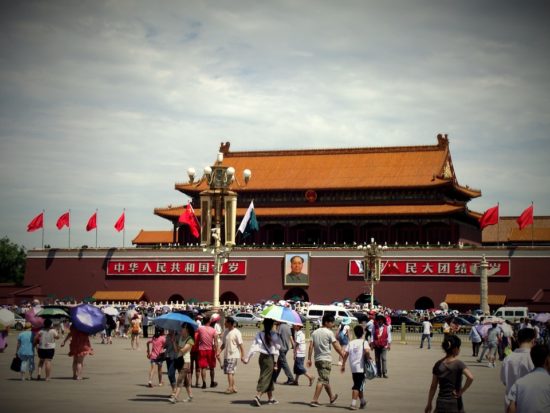Changes in colistin resistance and mcr-1 abundance in Escherichia coli of animal and human origins following the ban of colistin-positive additives in China: an epidemiological comparative study
Following the discovery and emergence of the plasmid-mediated colistin resistance gene, mcr-1, the Chinese government formally banned colistin as an animal growth promoter on April 30, 2017. Herein, we report patterns in colistin resistance and mcr-1 abundance in Escherichia coli from animals and humans between 2015 and 2019, to evaluate the effects of the colistin withdrawal.
The colistin withdrawal policy and the decreasing use of colistin in agriculture have had a significant effect on reducing colistin resistance in both animals and humans in China. However, continuous colistin monitoring is essential, in particular to act as an early warning system for colistin stewardship in Chinese hospitals.
AMR NEWS
Every two weeks in your inbox
Because there should be one newsletter that brings together all One Health news related to antimicrobial resistance: AMR NEWS!





